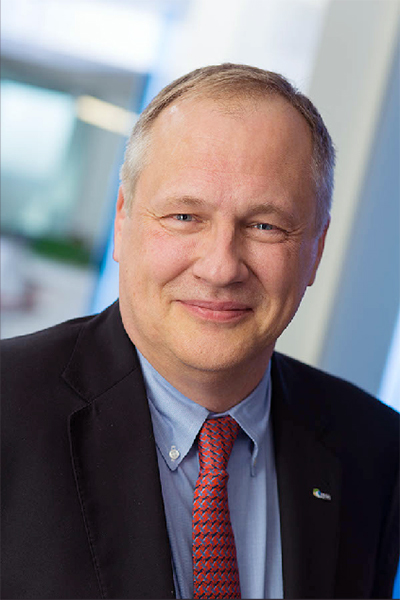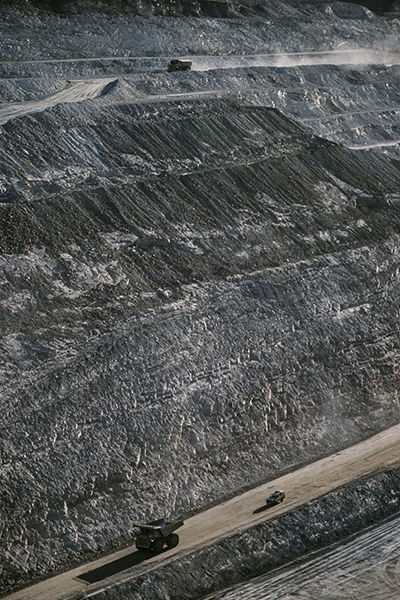|
Getting your Trinity Audio player ready...
|
“You have one mouth and two ears, and you should use them in proportion,” says Mike Chilton, a leader in megaproject management who serves as president and CEO of Pegasus-Global Holdings.

Chilton became involved with the small boutique management consulting firm after he worked with the company in his previous role as a senior vice president at the AES Corporation. He joined Pegasus as its chief operating officer in June 2018, taking on “the biggest and thorniest problems and projects going on.”
His secret? Approaching the thorns with candor through a focus on customer orientation. “Being able to have open and honest conversations is critical,” Chilton elaborates. “If you have an environment where people don’t think they can be honest or open because they’re afraid of consequences then you’re never going to get the outcomes you want.”
Otherwise, he adds, problems are downplayed until they disappear from view, which only results in them coming back stronger—and “problems never get better with age; they never go away—they have to be addressed.”
Pegasus does a large amount of work in the energy sector, which Chilton finds to be an exciting field to be involved in. “It’s an interesting time,” he says of the field. “Up until about 10 or 15 years ago, if Edison or Tesla walked into a powerplant and they looked at how energy is transmitted and distributed, they pretty much would recognize everything because it hadn’t changed a lot.”

According to Chilton, the last decade has been revolutionary: climate change and the impact of weather inspire most of the change. The energy industry is now looking to create a system that can withstand unusual weather as well as focus on trying to decarbonize and use renewables that have less of an impact on the overall climate.
Pegasus is working as an independent monitor on a project sparked by climate change, known as Energy Strong 1 and 2. The project was created by the New Jersey utility following the issues that came about after Hurricane Sandy in 2012. The commission hired Pegasus because, according to Chilton, it wanted to ensure that “the ratepayer was getting his money’s worth from the expenditures created from Energy 1 and 2.”
Chilton adds that in New Jersey, there is a law that allows the utility commission to require an independent monitor. “We were fortunate enough to be selected as their independent monitor through a competitive bidding process,” he says.

Chilton describes Pegasus’ role as overseeing what the utility has planned, what changes have or need to be made, and what work with the team must be done to maintain proper decision-making processes, including costs and comparisons.
“We like that kind of work because it allows us to work with the utility companies’ teams and help them along the way,” says the CEO, adding that his company’s experience aids in a collaborative approach with the utility commission and the utility to develop and construct robust processes and fulfill what the company is after.
The role of the independent monitor is a different role for the company, according to Chilton, but success and the ability to fulfill the job greatly depends on the trust garnered with everyone involved. To maneuver that challenge, he again emphasizes the necessity of transparency. “In this case, the outcome they’re looking for is a transmission grid that stands up and provides electricity to the customers—businesses, hospitals, and individuals—and its ability to provide electricity reliably and in a resilient way that is capable of withstanding [unforeseen] events.”
But of course, you can’t let all the moving parts slip through the cracks. “It’s a function that has to be able to trace or translate those outcomes into the actions that the utility company is doing. There are literally hundreds of little projects.”
The CEO believes that this is where it pays to be customer oriented. “It’s trying to understand [the client], trying to understand why things are changing or shifting, or why are they struggling to get a project on track, and just focusing on practical ways to get there.” And while overnight improvements are few and far between, it’s mainly about people and their processes. “It’s the combination of the two that makes a program or a project successful—or fail. That’s the focus.”


